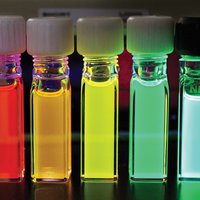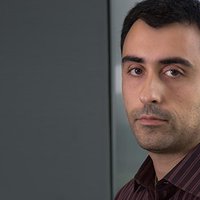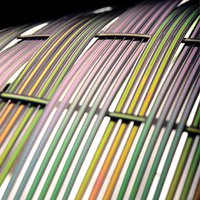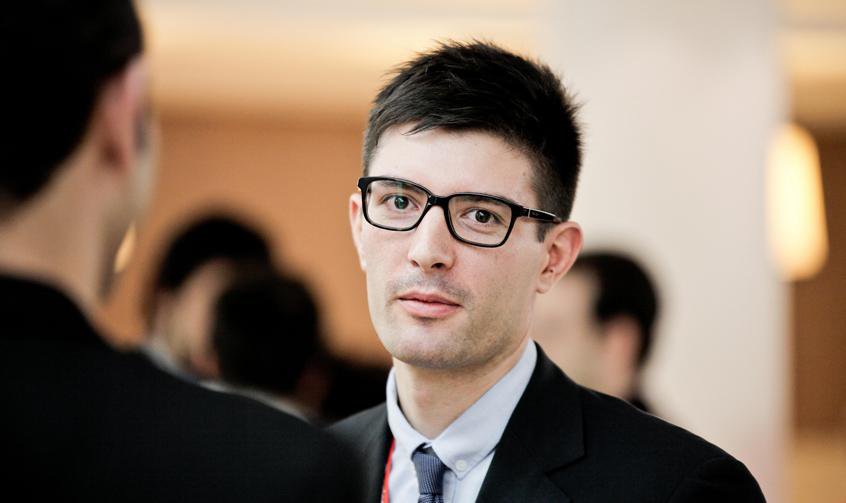"What can you do if as a child, your favourite hobby causes you allergies and health problems? For Matthieu Sonnati, who loved aeromodelling only to find that the commercial products often contained toxic substances which made him sick, the answer was to become a researcher and entrepreneur precisely in this field. The goal of this ecologically-minded chemist? To invent more ecological and natural commercially-viable products that could replace the old-fashioned ones. In other words, to revert the trend, whereby chemistry is typically considered as a synonym of ''pollution'' or “enemy of “health”.
Following his studies in Chemistry and Science of Materials at the Universidad de Nice Sophia Antipolis (France) in collaboration with the MINES Institute in Paris, Sonnati focused on the application of modern techniques, such as the Calorimetry of sweeping differential or Size Exclusion Chromatography (SEC), to the improvement of alkyd resins. These resins, which are based on acids derived from vegetal oils, were largely used as agglutinative components in the course of the 20th century, but were gradually replaced by the acrylic resins (based on petroleum) that we typically find today in the paint section of a DYI shop due to cost and performance reasons, particularly as far as the paint's drying time and resistance (to time, bending and abrasions) are concerned. Although, alkyd resins have improved considerably, Sonnati is pushing their evolution forward: current ones have no more than 50% natural source, as other (toxic) components are added for example to facilitate the drying process. That's why he oined Ecoat, a start-up company producing bio-based coating, where as R&D director, he developed two agglutinative components for paint, reaching 95% and 99% natural composition coming from vegetal oils and waste respectively.
Sonnati's current challenge is to go one step further and tune a new drying process for paints which, instead of being based on oxidation, and therefore requiring catalyzers which are often found among heavy metals such as cobalt salts – which are highly toxic – would be based on new type of ''reticulation reaction'' that is currently being patented by Ecoat. With this process, the new ecological paint would dry in less than 15 minutes and have the same endurance as cobalt-based ones.
Considering that, about 2 million tons per year of agglutinative resins are employed in the coating industry, Matthieu's research and accomplishments in bio-chemistry are to give a great impact to transforming our 21st century world into a more ecologically-minded one."




